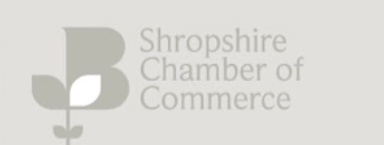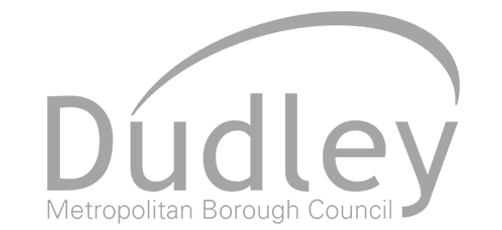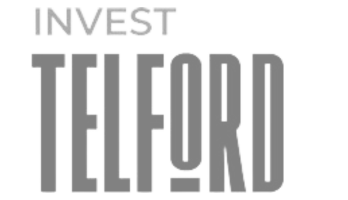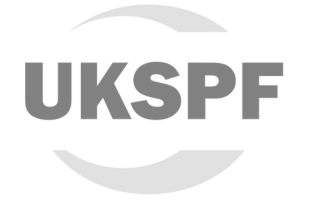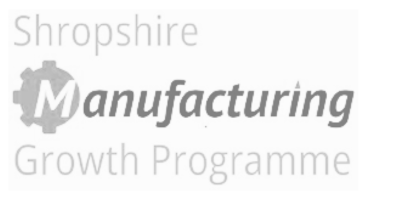In part four of this sales mastery series based on the lessons of Elmer Wheeler, we explore why giving your customer the choice to do nothing doesn’t help either of you.
In the article, we’ll be going over why choice is significant in doing business and how to figure out which choices you want to put in front of your customer so that they can make a more confident decision where you both benefit.
Elmer Wheeler (1903 to 1968), Author, Speaker, Sales Expert and often described as the greatest sales person in the world created the five Wheelerpoints:
1. Don’t sell the steak – sell the sizzle!
2. Don’t write – telegraph.
3. Say it with flowers.
4. Don’t ask if, ask which! (questions)
5. Watch your bark.
Wheelerpoints number 4: Don’t Ask If, Ask Which
“Always give the other fellow a choice between something and something, never between something and nothing” – Elmer Wheeler
It’s about the best choice not about the number of choices…
If you offer too few choices, your customers may become indifferent and view those products/services (or your company) as basic and unsophisticated. If you offer too many choices, the purchasing decision may become too confusing, fussy, or downright unhelpful for the customer.
Two choices generally aren’t enough for our complex minds. The ideal number of choices is either 3 or 5… that’s what our minds tend to digest the easiest. This shows up in a variety of examples you’ve probably seen before:
- Good, Better, Best
- Small, Medium, Large
- Mild, Medium, Hot
- Buy, Rent, Make
- Beginner, Operative, Expert
It’s helpful to have a system in place to be able to take input from your customers and give them a narrowed down set of options to choose from, noting the pros and cons of each choice. This makes for a relatively stress-free decision-making process where the customer feels like their preferences are acknowledged and the choices they’re offered are the ones best suited to them.
Note: The alternatives should be tailored to your customers, not to your products.
Challenge:
Identify your alternatives, based on your target customers. Narrow them down to 3 or 5 options. This way you will have tailored offers ready to present to your prospective customers that are ideal for solving their problems and meeting their needs. This alone will make it easier for your customers to understand what they are buying and dramatically improve your conversion ratios.
Anchoring
Anchoring happens when we focus on what we see or hear first. How can you incorporate this into the way you present choices to your customers?
Use a big number first – If a car costs £30,000 and you can offer them the option of paying £350 per month, that will seem much more reasonable and attractive to them. Offering products/services in descending value, rather than ascending, leads to people looking at the more expensive options first and purchasing those more often than the cheaper options.
In our minds, a leading indicator of high quality is a high price. A high price doesn’t always mean the item is of high quality, but consumer psychology shows that when we see a more expensive item marked down, we’re more likely to buy it because subconsciously, we think it’s of high quality, just at a price that’s more in our budget.
When you display your product/service options to your customers, confidently show off your flagship offer(s). Put what you’re most proud of, the best and most premium product/service out there in the forefront to grab your customers’ attention.
Challenge: What special offering should you put in your shop window for everyone to see first? Think of your premium service the work that you are most of.
Now that you understand why it’s important for your business to have a strategic set of choices, along with steps you can take to create that strategic set of choices, you’re equipped with the knowledge necessary to provide your customers with the best suited options for them. Ideally, this will lead to them benefitting from your products/services and will keep them coming back for more!
Has this article got you thinking about your business and how you want to grab the reins and drive it forward but you struggle to find the time or feel that you lack the skills or knowledge to do so?
Are you looking at your screen wondering how or if Good2Great could possibly help you to build a better future for you and your company?
If so, why not check out free ways to learn more either in the fun but growth focussed ‘Friday Hub Zoom Room’ or let’s meet and chat about your business – it’s our passion after all! Just click this link, it will show you availability in my calendar – just grab a slot that suits you and it will automatically set up and schedule a Zoom meeting and send all the necessary invitations to calendars and email… https://bit.ly/discovery_meet_30
OR – perhaps you’re still at the start of your business journey – check out Business Start Up Masterclasses





